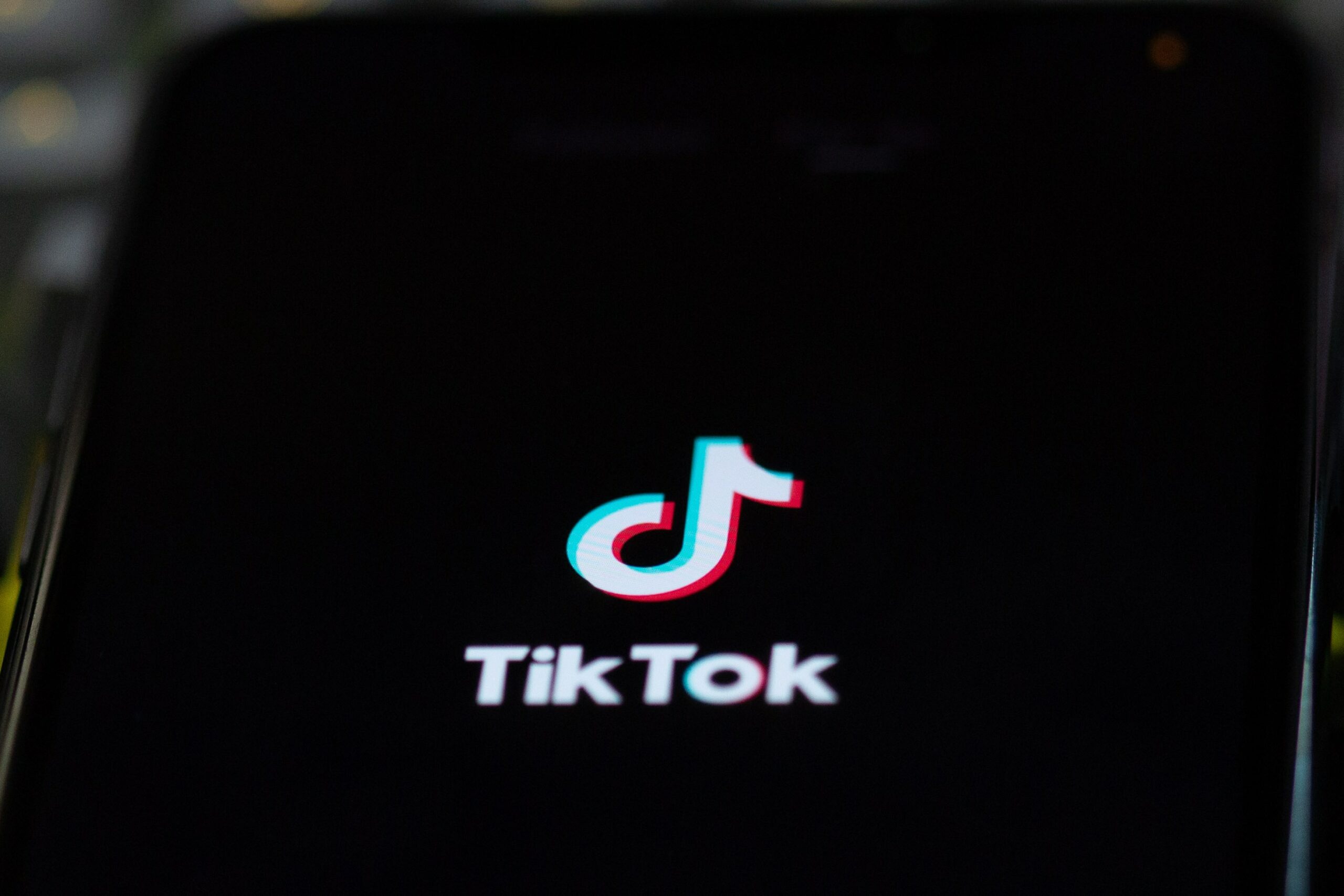Contact: Kent Fischer, [email protected]
WASHINGTON, D.C. – A report released today by the Reboot Foundation reveals a link between the amount of time teens spend in TikTok and whether they think scientific advancements are benefiting – or hurting – society. The report also found that heavy TikTok users are more likely to believe in junk science, like astrology and numerology, than are those that use the app sparingly.
Notable findings from Reboot’s surveys of 2,000 young TikTok users and U.S. adults:
- Young TikTok users had difficulty correctly answering questions about basic scientific facts and principles. Nearly 60 percent said astrology might be a legitimate science; 37 percent said they believe in numerology; 17 percent were unable to say definitively that the Earth is round. Further, 42 percent disagreed with the statement “Science helps the world more than it harms it.”
- TikTok’s central role in the lives of young people may be creating broader problems for society and democracy – 61 percent of young users said they would rather give up their voting rights for one year than give up TikTok.
- Overwhelming majorities of U.S. adults favor new rules and regulations on social media, such as prohibiting children younger than 16 from having social media accounts and requiring social networks to put warning labels on their apps alerting users to the dangers of overuse.
These results paint a picture of a society that is simultaneously influenced by and wary of social media platforms that are the dominant sources of news and entertainment for the nation’s youth, said Reboot President Helen Lee Bouygues.
“Our surveys show the chokehold that apps like TikTok have on teens and young adults,” Bouygues said. “Unless we get this problem under control quickly, we will be creating a generation of young people that are too easily influenced by misinformation and more likely to under-value their role in a democracy.”
In the survey, 52 percent of teen TikTokers reported spending more than two hours a day on the app, with 25 percent on it for more than four hours. Of young girls and women, 29 percent use the app for more than four hours each day.
The data found a strong relationship between the amount of time young people spend on TikTok and whether they perceive the content they are viewing as trustworthy: 42 percent of heavy TikTok users said they thought the information on the app is “reliable,” compared with 23 percent of those who use it less. This is problematic because recent studies have found as much as 20 percent of the videos on the platform contain misinformation. This may be why young TikTok users had difficulty correctly answering questions about basic scientific facts and principles.
The young people Reboot surveyed seemed to value their social media more than they value their democracy. When asked to choose between suspending their TikTok use for one year or giving up their right to vote for a year, 61 percent said they would give up their voting rights. Democrats, Republicans, whites, and Blacks all answered that question in roughly the same percentages. There were two exceptions: Females were more likely to keep their vote vs. males (59 percent vs. 64 percent), as were those with a college degree (63 percent vs. 53 percent for non-college goers).
Our research found that large majorities of adults support restricting how social media companies interact with teens, including:
- 62 percent of adults agreed that children under the age of 16 should not be allowed to create social media accounts.
- 80 percent want warning labels on social media alerting users to research linking social media use to increased mental health problems in young people.
- 73 percent do not want platforms using their user profiles, Internet histories, search histories, etc. when recommending new content.
- 68 percent agreed that websites should not be allowed to advertise to children under the age of 16.
Bouygues said that even though adults favor new laws and restrictions, it would be a mistake to wait for lawmakers to act. She said parents must take a more active role in the online lives of their children by more closely monitoring their activities and by deciding if their child should be on social media at all.
“Parents need to understand the role social networks play in their children’s lives, while also helping them find balance in their online activities by setting an example,” Bouygues said. “It’s a difficult position, but ultimately parents have to show their children how to make sense of these social networks.”
###
The Reboot Foundation is devoted to elevating critical thinking. In a time of vast technological change, the foundation aims to promote richer, more reflective forms of thought in schools, homes, and businesses. Reboot funds efforts to integrate critical thinking into the daily lives of people, and it conducts surveys, opinion polls, and original research. For more information please visit https://reboot-foundation.org/




